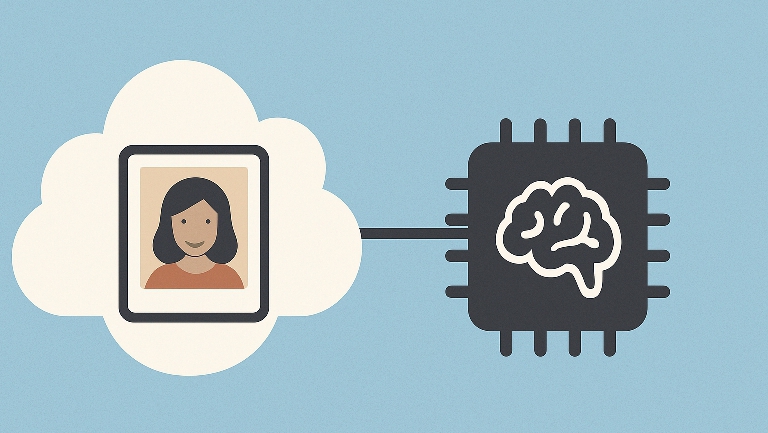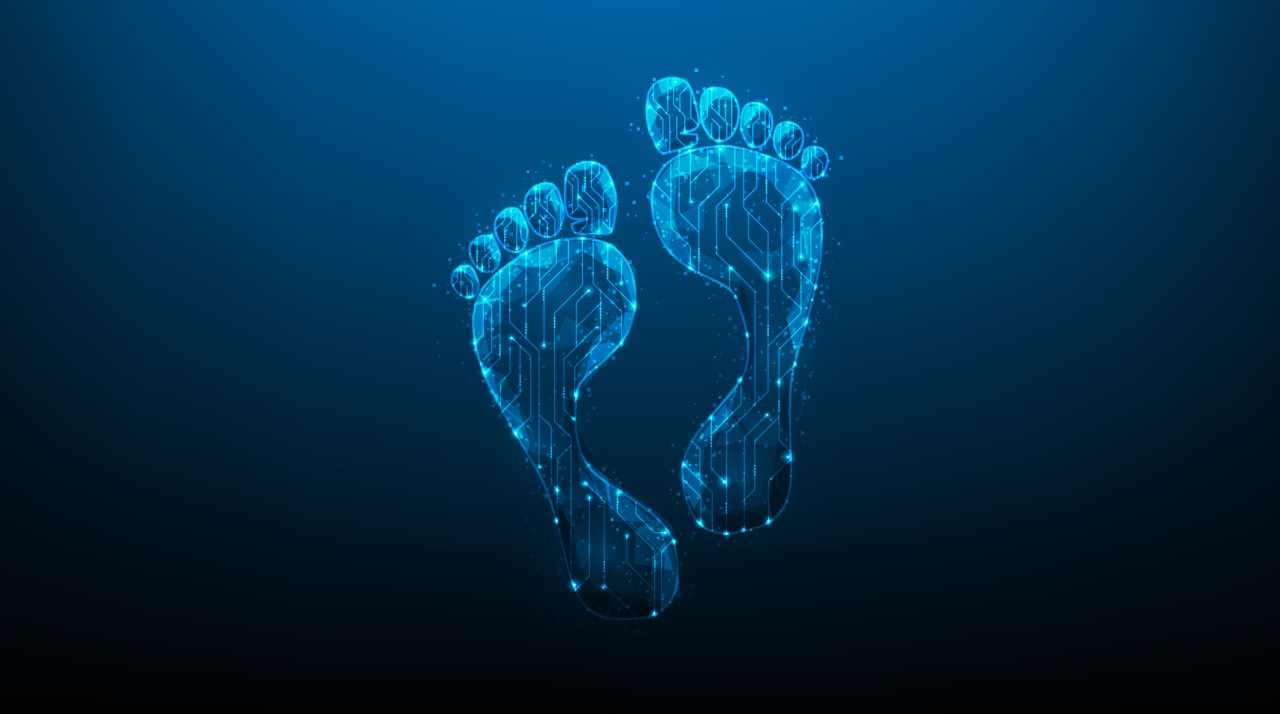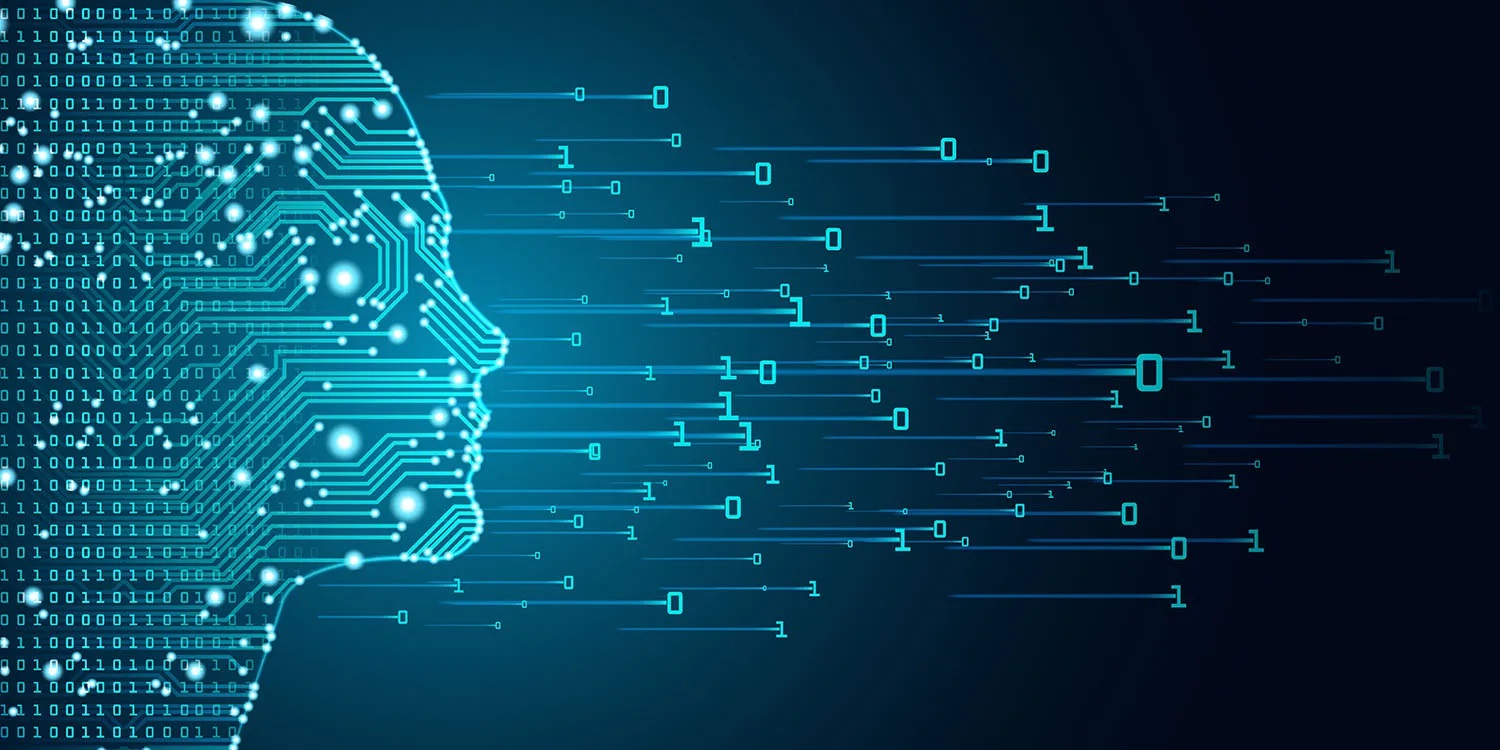We’re Entering an Era Where Your Memories Might Live Forever

When was the last time you remembered something that no one else alive could verify? A childhood moment, a private thought, a tiny heartbreak or a joke shared with someone long gone? For centuries, our memories lived only as long as we did, disappearing quietly with time. But today, something extraordinary is unfolding. In our devices, every message we send, every photo we upload, every audio we record, all pieces of our lives are being preserved with astonishing consistency. We are entering an era where memories might outlive their owners. One where digital fragments might remain accessible, searchable and capable of being replayed, long after the human being whose life they documented is gone.
It raises an electrifying question: What does it mean to live and to be remembered, in a world where forgetting is no longer the default?
The Slow Death of Forgetting
Human memory has always been imperfect. It bends, it blurs and rearranges itself. Two siblings can recount the same family event in completely different ways. Entire generations have carried their history through oral storytelling, only for details to shift over time. Forgetting was never a flaw, it was simply part of being human. But the digital age has rearranged this relationship. Today, our phones remember everything we forget.
In Japan, digital archivists have been studying how social platforms are becoming informal personal museums. In South Africa and Brazil, digital storytelling initiatives are teaching communities how to preserve generational memories through audio and video recordings, bypassing the fragility of oral tradition. Forgetfulness, which was once universal, is now optional.
The Rise of the Digital Afterlife Industry
A decade ago, the thought of talking to a loved one after they died seemed unrealistic and unattainable. Yet today, AI-powered memorialization companies are flourishing across continents. Startups such as HereAfter AI and Replika allow people to create conversational avatars of themselves using years of texts, voice recordings and photos. The technology is evolving with eerie speed. Griefbots are being tested in academic labs; systems that reconstruct the language, humor, and conversational rhythm of someone based on their digital footprint.The aim of this is simple but profound: to create a memory that does not fade.
For centuries, remembrance was a communal act, through photographs, stories, diaries and rituals. Now, memory can be interactive and inexhaustible. But who controls these memories? Who decides when a digital version of someone should stop existing?
The Data That Becomes Your Echo
Your memories are not only the things you consciously record. Increasingly, they are also the byproducts of your digital existence. Think of the thousands of tiny data trails you leave every week: GPS coordinates, grocery purchases, voice commands, photo metadata, sleep patterns, browsing history. To you, they are nothing more than forgettable daily transactions. To an AI trained on millions of such footprints, they become a story.

Researchers studying digital phenotyping have demonstrated how daily digital behaviors can reconstruct a person’s routines and emotional states. Mobile money data has been used to map life patterns so accurately that entire behavioral timelines can be reconstructed. AI researchers have also demonstrated that voice recordings alone contain biometric and emotional signatures that can be used to create lifelike vocal replicas long after the speaker has died.
Latest Tech News
Decode Africa's Digital Transformation
From Startups to Fintech Hubs - We Cover It All.
Your memories are no longer limited to what you choose to keep, they are woven into the fabric of your digital life and captured whether you intend it or not. And because data never really disappears, these digital memories can become permanent echoes.
When AI Starts Rebuilding Your Past
Imagine this: It is the year 2035. You open your phone and see an AI-generated compilation of your childhood, not the parts you filmed or photographed, but moments reconstructed from scraps of data. A text message from 2016 triggers a memory recreation of your mood at that time. A photo of your old bedroom leads to a 3D model of your teenage space. Your old tweets help rebuild your worldview at age 22.
AI stitches these fragments together into a narrative that feels eerily like memory itself. This is not speculation. Memory reconstruction models that analyze patterns in images, language and geolocation to simulate personal narratives are now being worked on. Major tech companies have quietly filed patents for systems that recreate past experiences using personal data, ambient audio and metadata from images.
A person’s life, which was once a sequence of lived experiences is becoming a dataset that can be replayed or reinterpreted. In this new world, it's worth pondering if memories are still ours since they can now be reconstructed.
The Emotional Weight of Eternal Memory
The ability to preserve memories forever brings comfort, but also complexity. Psychologists warn that having permanent access to past selves may make emotional closure harder. Imagine rewatching the last message from someone who passed away not once, but for decades, or reliving old heartbreaks with perfect fidelity, or watching a younger version of yourself speak and dream with the clarity of yesterday.
In Brazil, therapists report an emerging form of “digital grief,” where people maintain active relationships with digital remnants of lost loved ones. Some digital legacies have even become so richly detailed that they are now used in memorial services, effectively letting the deceased speak at their own funeral.
These practices reveal something deep, the boundary between presence and memory is thinning. We are becoming the first generation in human history whose memories may outlive our bodies. And perhaps even stranger, our descendants may know us more intimately than we ever knew our ancestors.
Who Owns Your Forever?
With all these possibilities comes a maze of even more questions. If your memories can live forever, who gets to decide their fate? Should your family have access to your digital footprints? Can an AI version of you consent to anything?

Different countries are grappling with these questions in different ways. In Europe, the right to be forgotten laws attempt to give people the power to erase portions of their digital past. In Japan, debates around “data dignity” emphasize how personal data should be treated with the same respect as physical remains. In Canada and Australia, digital wills are becoming more common, allowing people to specify how their data should be handled after death.
Latest Tech News
Decode Africa's Digital Transformation
From Startups to Fintech Hubs - We Cover It All.
But the truth is, the law cannot fully keep up with this transformation. The technology that allows memories to live forever is advancing much faster than the systems designed to protect those memories from misuse.
A Life That Never Fully Ends
Picture a world where your great-great-grandchild can have a conversation with an AI version of you. Where your life story, thoughts, daily routines and even private quirks are preserved in a digital capsule. A world where forgetting becomes a rare, intentional choice, rather than a biological inevitability.
This future is not distant. It is quietly forming in the apps we use every day, in the cloud storage we barely think about and in the AI systems learning from us. Your memories may one day become part of a new kind of immortality, and in that world, living forever might not be about the continuation of the body, but the continuation of the self in data form.
And now, on to the last and most personal question of all: If your memories could live forever, what version of yourself would you want the world to remember? The future of memory is already upon us. The only thing left is to decide how much of yourself you want to hand over to eternity.
You may also like...
When Sacred Calendars Align: What a Rare Religious Overlap Can Teach Us

As Lent, Ramadan, and the Lunar calendar converge in February 2026, this short piece explores religious tolerance, commu...
Arsenal Under Fire: Arteta Defiantly Rejects 'Bottlers' Label Amid Title Race Nerves!

Mikel Arteta vehemently denies accusations of Arsenal being "bottlers" following a stumble against Wolves, which handed ...
Sensational Transfer Buzz: Casemiro Linked with Messi or Ronaldo Reunion Post-Man Utd Exit!

The latest transfer window sees major shifts as Manchester United's Casemiro draws interest from Inter Miami and Al Nass...
WBD Deal Heats Up: Netflix Co-CEO Fights for Takeover Amid DOJ Approval Claims!

Netflix co-CEO Ted Sarandos is vigorously advocating for the company's $83 billion acquisition of Warner Bros. Discovery...
KPop Demon Hunters' Stars and Songwriters Celebrate Lunar New Year Success!

Brooks Brothers and Gold House celebrated Lunar New Year with a celebrity-filled dinner in Beverly Hills, featuring rema...
Life-Saving Breakthrough: New US-Backed HIV Injection to Reach Thousands in Zimbabwe

The United States is backing a new twice-yearly HIV prevention injection, lenacapavir (LEN), for 271,000 people in Zimba...
OpenAI's Moral Crossroads: Nearly Tipped Off Police About School Shooter Threat Months Ago
ChatGPT-maker OpenAI disclosed it had identified Jesse Van Rootselaar's account for violent activities last year, prior ...
MTN Nigeria's Market Soars: Stock Hits Record High Post $6.2B Deal

MTN Nigeria's shares surged to a record high following MTN Group's $6.2 billion acquisition of IHS Towers. This strategi...
